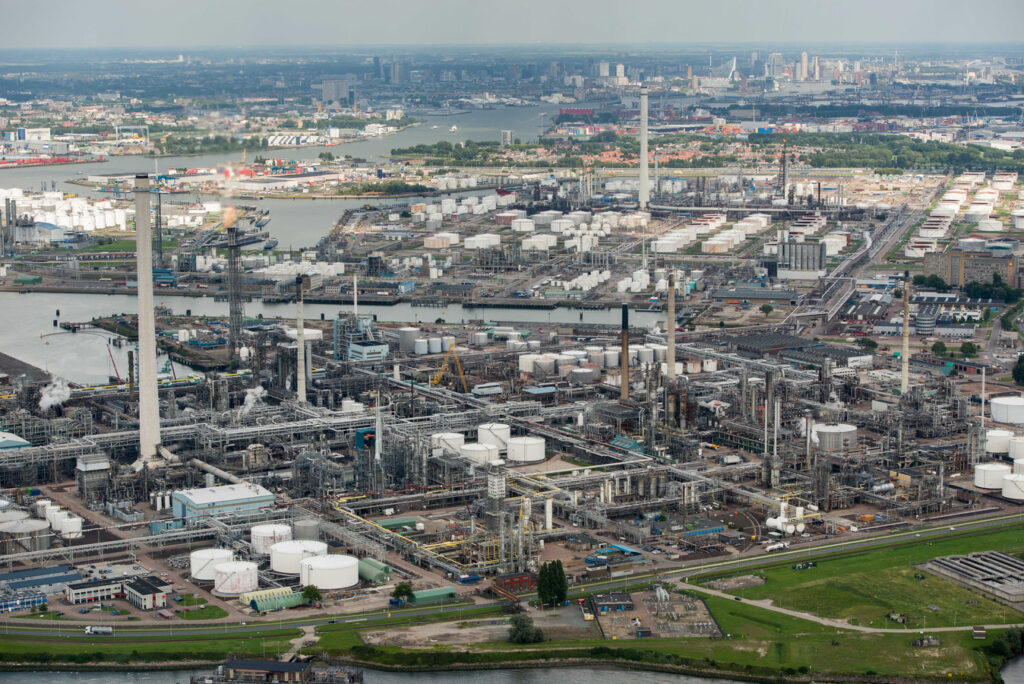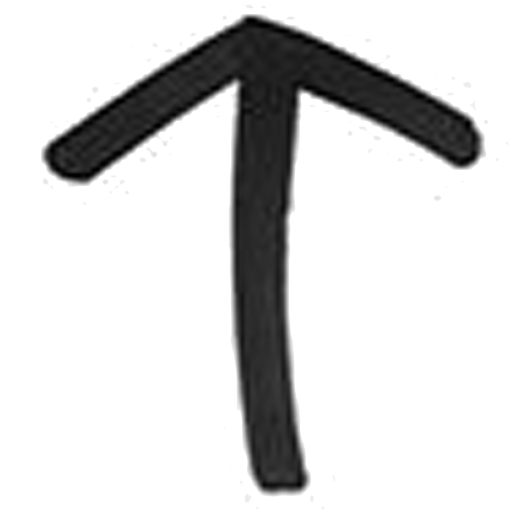Consume to change
The general idea today seems to be that you change the world with your wallet, rather than your vote. ‘It is by buying things that they become real, moving from the virtual space of research and development by way of advertising into our lives’. * We get the reality we pay for. And in some ways this is true. As consumers, we are at the end of the chain. But if we keep up the myth that we can change the world through consumption, we stay within this vicious circle. We believe we can’t change the world anymore thus we consume more which results in the industry producing more which, in turn, makes us feel less in charge of the world around us and makes us consume more et cetera. We are the last agency to decide about the ethical responsibility of the products we buy, but this doesn’t mean that we are also the only responsible force within these structures.
‘The most threatening act of protest for a capitalist system would be for its citizens to refuse to consume’.** Were it not that we are all dependent on it. Even the most well-wishing individual can not escape the fact that all of our lives are dependent on fossil fuels for survival. ‘We are all part of the problem, but the least we can do is by realizing that no, my choices will not stop deforestation, inequality, or the emissions of CO2’.***

Once we accept the fact that our lives are inherently related to these issues, stop pretending that certain types of lifestyles are not related to these bigger structures, admit that we are in fact part of the problem but that we can not help it, we can finally start holding those with the power to change accountable for these problems. And don’t get me wrong, I fully believe that we should do all we can in terms of consuming; eat less meat, avoid driving cars as much as we do, take public transport more often, but I don’t believe in the idea that by buying biological, sustainable or green products I will have a clean consciousness about the ecological crisis we are facing.
‘Design is all about desire, but strangely this desire seems almost subject-less today, or at least lack-less; that is, design seems to advance a new kind of narcissism, one that is all image and no interiority’.**** We carefully construct an image around ourselves that embodies our desires, morals and ethics, but does it actually reflect or do we just pretend we are something we want to be?
These are products to make yourself more interesting, sell yourself as something you are not. And as soon as we stop believing this and stop justifying our desires through these pretentious marketing concepts of sustainability, ecology and identity and accept the fact that we are part of it, we can finally address the true problem behind our lack of action.
We should become more aware of our imagination and that the world outside of our own house and person is actually malleable, otherwise history would’ve been a given. And exactly this is where I believe that art and design can provide us with some needed running-room. It can show us that we are not stuck in history and that change is possible.
*Anthony Dunne, Fiona Raby, Speculative Everything
**Anthony Dunne, Fiona Raby, Speculative Everything
***Jaap Tielbeke, De Mythe van de Groene Consument
****Hal Foster, Design & Crime
